Mongolian people regard Tea as a precious and important part of their diet. To them, tea represents good wishes and symbolism, and it is endowed with different meanings in all aspects of daily life and work.
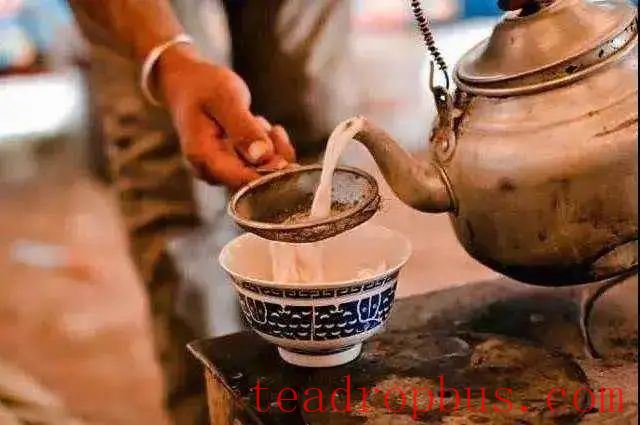
The Role of Tea in Ritual Activities
Tea holds a special status for the Mongolian people, and they hope to offer the best of what they have to revered entities such as heaven, earth, and ancestors, as a sign of respect, gratitude, and prayer. In the morning when Drinking Tea, the first spoonful of tea soup must be sprinkled towards the northwest, as a sign of respect for the divine. This simple gesture has become a steadfast tradition that continues to this day.
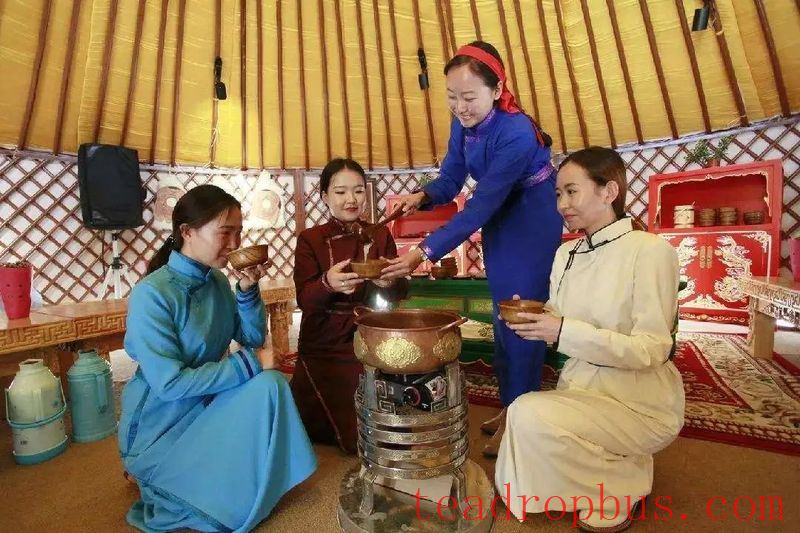
In ritual activities, various foods including brick tea are prepared as offerings to deities; tea is brewed and served at grand ceremonies; additionally, during the most important fire deity rituals of the year, special lamb breast bones containing brick tea leaves and other spices are made and offered by the youngest son to the fire deity. Tea plays a significant role as a specific offering in traditional Mongolian religious rituals.
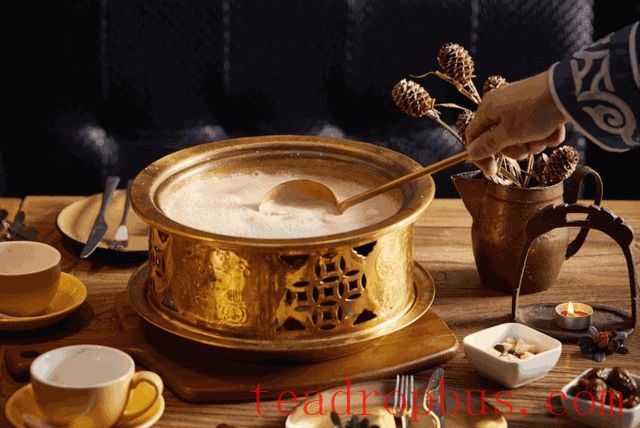
Serving Tea to Guests as a Sign of Respect
Whether it's guests who have traveled far or strangers who happen to drop by, whenever guests arrive, Mongolian people must serve them tea, using the finest new tea available, without asking impolite questions like whether they want to drink tea. Serving tea first demonstrates the host's utmost respect for the guest. If there isn't time to prepare, a new pot of tea must be boiled on the spot so that the guests can see the process, demonstrating proper hospitality.
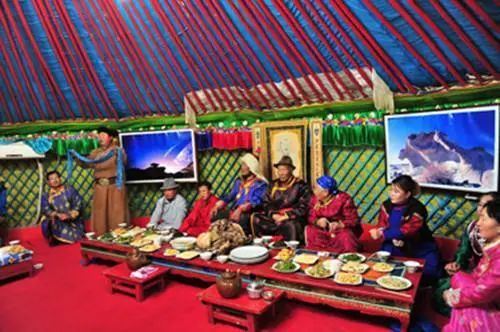
When serving tea to guests, the host should start with the elders, being neatly dressed and composed, presenting the Tea bowl to the guest. When refilling tea, the host should take the guest's tea bowl, refill it, and present it again.
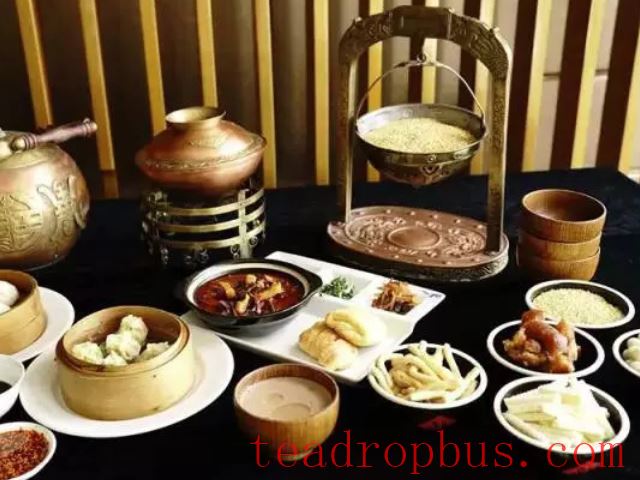
Tea as a Symbol of a Good Life
The Mongolian people hold tea in high esteem and consider it an excellent gift for visiting relatives and friends, or for celebrating birthdays and weddings. Whether it's selecting gifts for the New Year or wedding celebrations, the Mongolian people embody the symbol of a good life in all aspects of life through tea.
A bowl of tea is necessary before labor to boost morale; another bowl is required after herding to relieve fatigue; and one must also have a bowl of tea when leaving home to ceremonially embark on a new journey. The lives and spirits of the Mongolian people cannot do without the nourishment of tea, which is a long-standing companion that brings them endless warmth and strength.
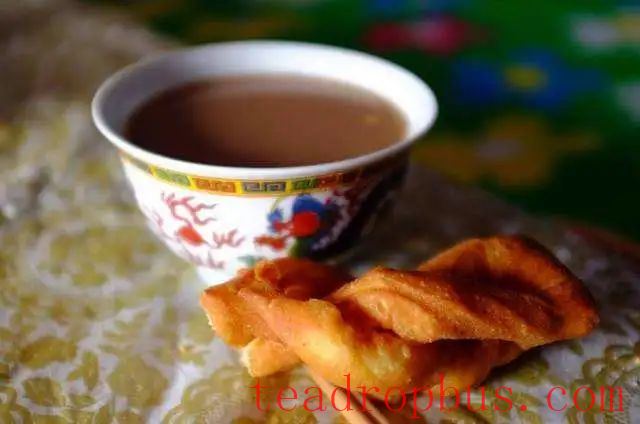
Affection for Brick Tea, as Important as Currency
The Mongolian people have a great affection for brick tea. In earlier times, due to its scarcity, ordinary Mongolian people found it difficult to drink tea, making them especially cherish brick tea. Brick tea also had a special significance in the economic and social life of the Mongolian people, even serving as a medium of exchange akin to currency at times.
If someone went to a store or market to buy goods, they would need to bring a cloth bag filled with brick tea to trade for items in a barter system. The use of brick tea instead of currency was particularly prominent at the end of the Qing dynasty and the beginning of the Republic of China, continuing in remote grassland areas until the 1930s and 1940s, highlighting the importance of brick tea in Mongolian dietary life.